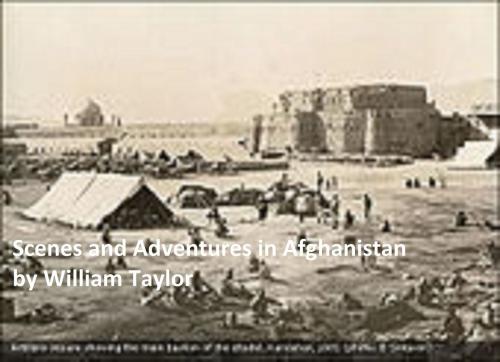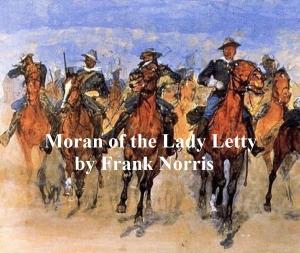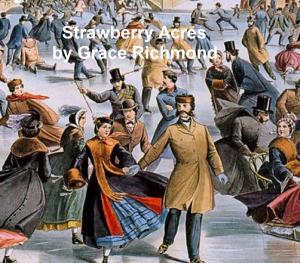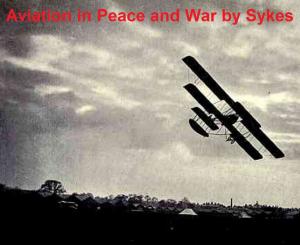| Author: | William Taylor | ISBN: | 9781455446995 |
| Publisher: | Seltzer Books | Publication: | December 4, 2017 |
| Imprint: | Language: | English |
| Author: | William Taylor |
| ISBN: | 9781455446995 |
| Publisher: | Seltzer Books |
| Publication: | December 4, 2017 |
| Imprint: | |
| Language: | English |
by a troup serjeant-major of the Fourth Light Dragoons. First published in 1842. The book begins: " Towards the latter end of August 1838, rumours reached Bombay and the various military stations in the Deccan, that the troops were about to be called into active service, and that the scene of operations was to be at a distance from our Indian territories. The extensive preparations soon after set on foot, and the unusual activity observable in the various arsenals of the Presidency, left no doubt as to the truth of these reports, and the only subject of speculation that remained was, the precise destination of the forces. Public curiosity was at length set at rest, by the arrival of a proclamation from the Governor General, directing the assemblage of an army for service across the Indus, and explaining at length the intentions of Government. It will not be necessary for the purposes of this narrative that I should canvass the merits of this remarkable document, or enter upon a discussion of the policy on which it was founded. Sufficient is it for me to say that the objects which it professed, were the protection of our commerce, and the safety of our Indian frontiers, both of which were menaced by the intrigues and aggressions of Persia. Having detailed the steps taken by Dost Mahommed in furtherance of the views of that power, and expressed its conviction, that as long as Cabul remained under his government there was no hope that the interests of our Indian empire would be preserved inviolate, the proclamation proceeded to state, that pressing necessity, as well as every consideration of policy and justice, justified us in replacing on the throne of Afghanistan, Shah Sooja-ool-Moolk, a monarch who, when in power, had cordially acceded to the measures of joint resistance to external aggression which were at that time judged necessary by the British government; and who on his empire being usurped by its present rulers had found an honorable asylum in the British dominions."
by a troup serjeant-major of the Fourth Light Dragoons. First published in 1842. The book begins: " Towards the latter end of August 1838, rumours reached Bombay and the various military stations in the Deccan, that the troops were about to be called into active service, and that the scene of operations was to be at a distance from our Indian territories. The extensive preparations soon after set on foot, and the unusual activity observable in the various arsenals of the Presidency, left no doubt as to the truth of these reports, and the only subject of speculation that remained was, the precise destination of the forces. Public curiosity was at length set at rest, by the arrival of a proclamation from the Governor General, directing the assemblage of an army for service across the Indus, and explaining at length the intentions of Government. It will not be necessary for the purposes of this narrative that I should canvass the merits of this remarkable document, or enter upon a discussion of the policy on which it was founded. Sufficient is it for me to say that the objects which it professed, were the protection of our commerce, and the safety of our Indian frontiers, both of which were menaced by the intrigues and aggressions of Persia. Having detailed the steps taken by Dost Mahommed in furtherance of the views of that power, and expressed its conviction, that as long as Cabul remained under his government there was no hope that the interests of our Indian empire would be preserved inviolate, the proclamation proceeded to state, that pressing necessity, as well as every consideration of policy and justice, justified us in replacing on the throne of Afghanistan, Shah Sooja-ool-Moolk, a monarch who, when in power, had cordially acceded to the measures of joint resistance to external aggression which were at that time judged necessary by the British government; and who on his empire being usurped by its present rulers had found an honorable asylum in the British dominions."















